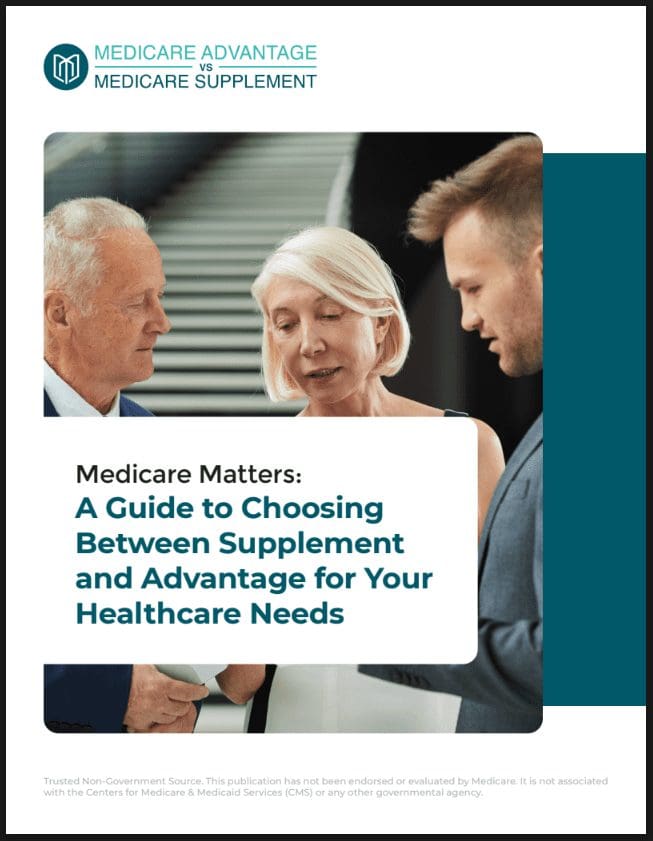Key Takeaways
- Medicare’s hospice coverage provides comprehensive support for terminally ill patients, focusing on comfort and quality of life.
- Understanding the eligibility requirements and range of services covered can help patients and families navigate end-of-life care with confidence and support.
End-of-Life Care: Learn About Medicare’s Hospice Coverage
Hospice care is a vital service that focuses on providing comfort and support to terminally ill patients in their final stages of life. Medicare offers comprehensive hospice coverage to ensure that patients and their families receive the care and support they need during this challenging time. This article delves into Medicare’s hospice coverage, including an overview, eligibility requirements, covered services, enrollment process, financial considerations, and support for families and caregivers.
Overview of Medicare’s Hospice Coverage
Medicare’s hospice benefit, part of Medicare Part A (Hospital Insurance), is designed to provide end-of-life care for patients who have a terminal illness with a life expectancy of six months or less if the disease runs its normal course. The goal of hospice care is to improve the quality of life for patients by managing pain and other symptoms, while also offering emotional and spiritual support.
Key Components of Medicare Hospice Coverage
- Comprehensive Care: Medicare covers a wide range of services including medical, psychological, and spiritual support.
- Interdisciplinary Team: Care is provided by a team of healthcare professionals, including doctors, nurses, social workers, and chaplains.
- Patient-Centered Approach: The focus is on the patient’s comfort and dignity, addressing their physical, emotional, and spiritual needs.
Eligibility Requirements for Medicare’s Hospice Care
To qualify for Medicare’s hospice care, patients must meet specific criteria. Understanding these requirements ensures that eligible patients can access the necessary care without delay.
Terminal Illness Diagnosis
The primary requirement is a certification of terminal illness from two doctors:
- Primary Doctor: The patient’s regular doctor who is familiar with their medical history.
- Hospice Medical Director: A specialist in hospice care who confirms the terminal diagnosis.
Life Expectancy
The patient must have a life expectancy of six months or less if the illness runs its normal course. This prognosis is based on the combined assessment of the primary doctor and the hospice medical director.
Election of Hospice Care
The patient or their legal representative must choose hospice care over curative treatments. This involves signing a statement acknowledging that the focus will be on palliative care aimed at comfort and quality of life, rather than curing the illness.
Services Covered Under Medicare’s Hospice Benefit
Medicare’s hospice benefit covers a broad range of services designed to manage symptoms and support both the patient and their family.
Medical Services
- Doctor Services: Care provided by the patient’s primary doctor and hospice doctors.
- Nursing Care: Professional nursing services to manage pain and symptoms.
Pain and Symptom Management
- Prescription Drugs: Medications for pain relief and symptom control.
- Medical Equipment: Necessary equipment such as wheelchairs, hospital beds, and oxygen.
- Medical Supplies: Items like bandages and catheters required for the patient’s care.
Therapy Services
- Physical Therapy: Helps patients maintain mobility and comfort.
- Occupational Therapy: Aids in daily activities to improve quality of life.
- Speech-Language Pathology Services: Addresses communication issues that may arise.
Personal Care Services
- Hospice Aide Services: Assistance with personal care activities such as bathing and dressing.
- Homemaker Services: Help with household tasks when the patient is unable to perform them.
Emotional and Spiritual Support
- Social Worker Services: Provides emotional support and counseling to patients and families.
- Chaplains: Offers spiritual care aligned with the patient’s beliefs and values.
Respite and Inpatient Care
- Short-term Inpatient Care: For pain management and symptom control that cannot be managed at home.
- Short-term Respite Care: Temporary relief for caregivers, allowing them to rest while the patient is cared for in a hospice facility.
How to Enroll in Medicare Hospice Care
Enrolling in Medicare hospice care involves several steps, ensuring that eligible patients receive timely and appropriate care.
Initial Assessment
- Consult with Primary Doctor: Discuss hospice care options and obtain a referral.
- Hospice Assessment: The hospice team conducts an initial assessment to confirm eligibility and develop a care plan.
Choosing a Hospice Provider
- Medicare-Certified Providers: Select a hospice provider that is certified by Medicare to ensure coverage.
- Provider Comparison: Compare services and reviews to choose the best provider for the patient’s needs.
Signing the Election Statement
- Election of Hospice Benefits: The patient or their legal representative signs a statement choosing hospice care over curative treatments.
- Care Plan Development: The hospice team creates a personalized care plan based on the patient’s needs and preferences.
Financial Considerations for Medicare Hospice Services
Understanding the financial aspects of Medicare’s hospice coverage can help patients and families manage costs effectively.
Costs Covered by Medicare
- No Deductibles or Copayments: For hospice care services, Medicare typically covers all costs, including doctor services, nursing care, and medications related to the terminal illness.
- Minimal Copayments: Small copayments may apply for outpatient prescription drugs and respite care.
Additional Costs
- Non-Hospice Services: Patients may incur costs for services unrelated to the terminal illness, which are not covered under the hospice benefit.
- Caregiver Expenses: Family caregivers may have out-of-pocket expenses for travel, additional medical supplies, or home modifications.
Support for Families and Caregivers Under Medicare Hospice
Medicare’s hospice benefit extends support to the patient’s family and caregivers, recognizing the crucial role they play in end-of-life care.
Bereavement Counseling
- Grief Support: Bereavement counseling is available to family members for up to 13 months after the patient’s death, helping them cope with their loss.
Respite Care
- Temporary Relief: Respite care services provide temporary relief for caregivers, allowing them to take a break while the patient receives care in a hospice facility.
Caregiver Training
- Education and Training: Hospice teams offer training and education to family members on how to care for the patient at home, ensuring they feel confident and supported.
Conclusion
Medicare’s hospice care coverage provides comprehensive support for terminally ill patients, focusing on comfort, dignity, and quality of life. By understanding the eligibility requirements, the range of services covered, and the enrollment process, patients and their families can navigate end-of-life care with confidence and support. Additionally, Medicare’s hospice benefit offers crucial financial assistance and support for caregivers, ensuring that both patients and their loved ones receive the care they need during this difficult time.
Contact Information:
Email: [email protected]
Phone: 5625554567










